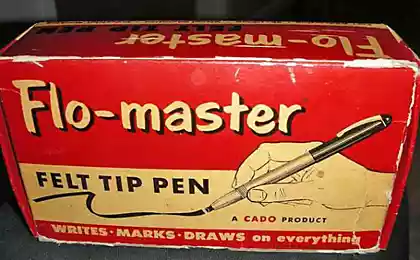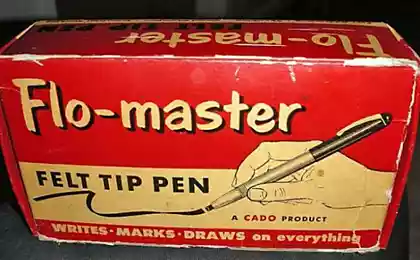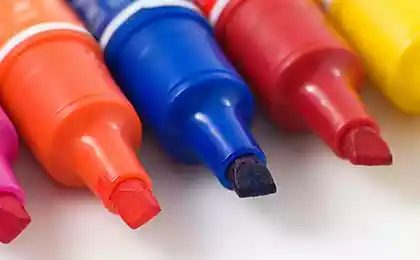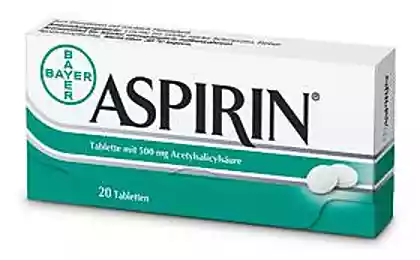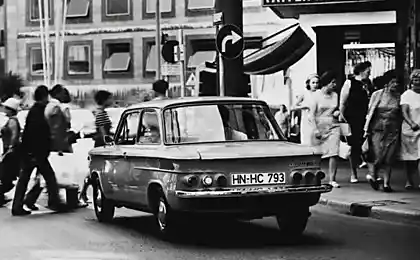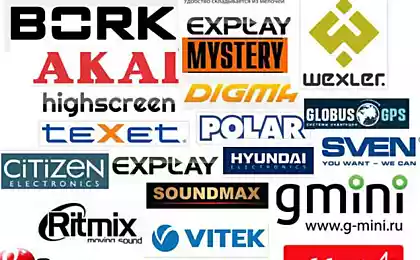922
Brands that have become a household name (7 photos)
Often a trademark becomes a household name in the event that the product has entered the market for the first time and still does not have a specific name. Sometimes the names of foreign goods become a household name in the Russian language, as the language simply have no analogues.
Felt-tip pens
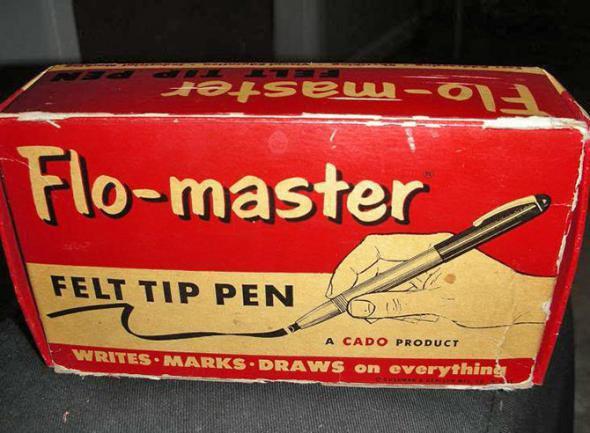
March 17, 1960 in Japan Brand Flo-master for the first time introduced to the market is now known all over the world markers. A first prototype markers appeared in Japan in 1942, and invented a device Yukio Hori.
He made a tool for writing, which he wrote with the help of paint, which flows from a special tank to the tip. This tip consisted of a porous material, typically used for its manufacturing felts or nylon. The German firm Edding first brought this product from Japan in 1960. Interestingly, the English name of the pen - felt-tip pen, and post-Soviet countries commonly use the word "pen". There are several theories about the origin of the word: the first - from the trademark Flo-master, which was first released this product. In the second version, the name of the tool for writing comes from another brand - Flowmaster, which is available in black. Toilet bowls
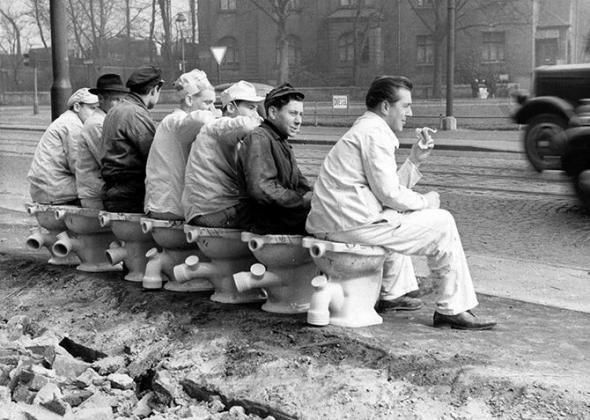
Toilet bowl - a device known in Russia since the end of the XIX century. In 1773, the Englishman Thomas Krepper invented a special device that allows dosing draining, and it was then acquired a kind of toilet, similar to the modern.
Later, in 1851, his namesake Thomas Tvayford patented his invention, like the current toilet. There are two versions of the origin of the Russian word "toilet". The first one points to the fact that in 1883, Thomas was able to improve the invention Tvayford Kreppera, he made his whole, and as the material used for the manufacture of pottery.
He named his product Unitas, that is "unity" (as was the whole model), and presented the invention at the London International Exhibition of Health, received a gold medal. There is also a version of the origin of the word from the name of the Spanish company UNITAS, which is engaged in electrical maintenance of the country, and at the same time since 1909 and began to produce bowls. This company supplies these products to Europe and Russia - as the brand name has become a household name in Russia. It is this version of the origin of the word "toilet" is indicated in the dictionary Ushakov.
METRO
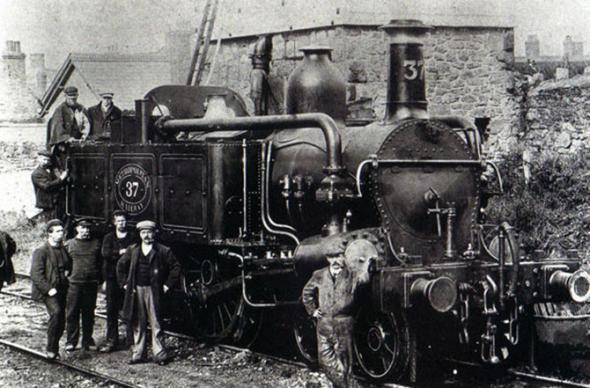
Metropolitan. This name is common in many countries. But it was also the name of the brand. The first underground railway was built in 1863 by Metropolitan Railway, which literally means "metropolitan railway". It is interesting that in England that word has become common noun defined and used to refer to the underground floor underground, ie, the "underground».
The value of a household name first appeared in Paris as Parisian company that was engaged in the construction of railways, also had a word in the title metropolitain, which means "Capital". Gradually the word is reduced to "Underground" and spread throughout France, and then in all the states of Europe, including Russia.
JEEP
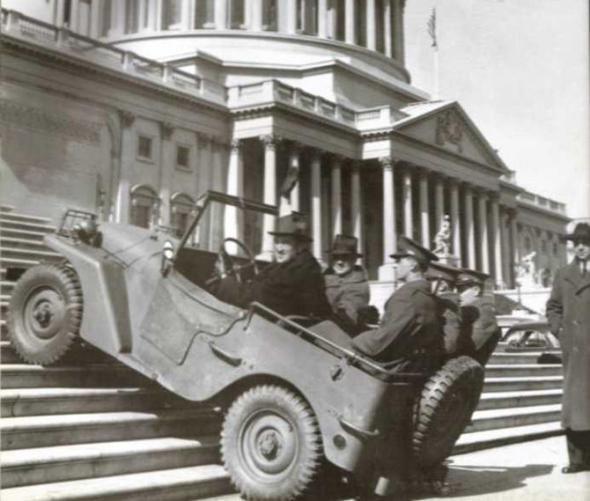
Jeep - now the word is used to refer to the total passenger vans or SUVs. But the word was originally a trademark. In 1936 he became famous comics character Eugene the Jeep, it was an unusual and awkward animal. The name became popular and was used to refer to the same large and awkward person, this is the name used to refer to technology. That same year, Halliburton company has assigned the name "Jeep" new civil rover. After that, the word "Jeep" was universally used to designate this type of car.
The owner of the trademark Jeep, Group LLC, insists that such cars were called "SUV", but the word "jeep" was too good and went into many languages.
Eskimo
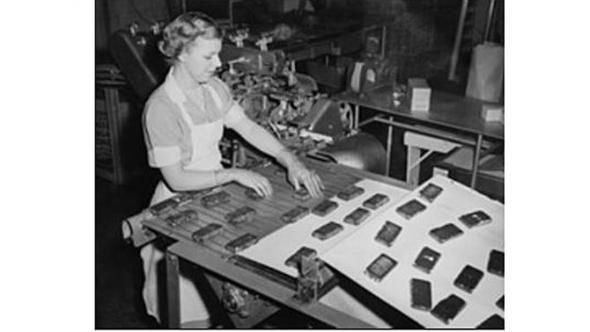
Eskimo - this delicacy is now known throughout the world and has almost the same name and pronunciation. Officially, this dessert was invented in 1920 by Gervais, now known as Danon. However, both versions of the origin of the Eskimo, and the word "Eskimo" several.
The first version attributes the creation of a popsicle Dane Christian Kent, who once accidentally doused with ice cream bar with chocolate glaze and named his creation eskimo pie - «Eskimo pie." In the second version, the recipe developed in 1919 an American Christian Nelson and also called him eskimo pai, and in 1922 he patented his invention.
Modern look popsicle acquired only in 1934, when the company began to produce Gervais him with a stick. Briquette stick also called Eskimo pie - the name stuck and was used for the name of the dessert, after dropping to a modern "popsicle».
Pampers
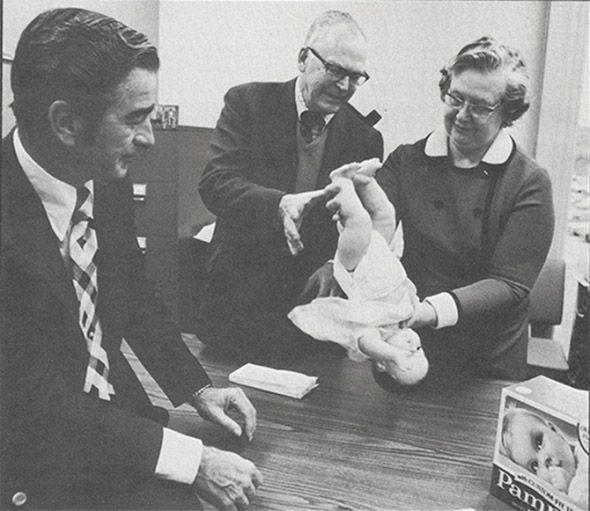
Probably few are now using the word "diaper", more often we call it a means of children's health "pampers" without even thinking about the fact that once it was just a brand name.
In 1961, Procter & Gamble Company has released the first time diapers, which has a special desiccant bed. Victor Mills invented them, the technology works companies. Grooming three grandchildren, he decided that washing diapers too tedious, and disposable diapers should be. Later, under the same brand were produced wet wipes for baby skin care. The word pampers translates to English as "diaper", and the word pamper - as "pampered". It is believed that the word "pampering" and there was a modern word "diaper". Now, however, all the diapers called disposable diapers, not just the products of the company Procter & Gamble.
XEROX
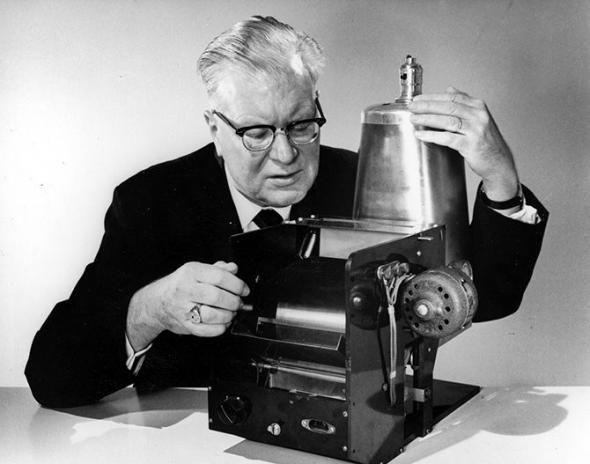
Xerox, otkserit, Photocopier - Now the word "Xerox" is so well caught in the Russian language that has even become modified. So the name "Hi" is derived from the name of the brand. In 1947, Xerox Corporation has acquired a patent for the production of copier, which Chester Carlson invented. The device called the Xerox Chester suggested by photocopying process: xerography, which literally translated from the Greek meaning "dry writing».
Devices, which is manufactured by Xerox, were significantly better than the rest, and that is why supplanted other trademarks. Because of the dominance of the company in the market of such devices has become a brand name is a household word. In England, the name did not stick. But the Russian language in which the copier called "Xerox" from the time of first appearance in the USSR (1970), is too well mastered brand name, turning it into a common noun. The company even tried to pursue a policy of eradication of this word in Russian: "Xerox - is Xerox, Xerox - not only the photocopy." But this is not entirely clear slogan not acquired fame. In Russia, the word "Hi" is any copier.
Felt-tip pens

March 17, 1960 in Japan Brand Flo-master for the first time introduced to the market is now known all over the world markers. A first prototype markers appeared in Japan in 1942, and invented a device Yukio Hori.
He made a tool for writing, which he wrote with the help of paint, which flows from a special tank to the tip. This tip consisted of a porous material, typically used for its manufacturing felts or nylon. The German firm Edding first brought this product from Japan in 1960. Interestingly, the English name of the pen - felt-tip pen, and post-Soviet countries commonly use the word "pen". There are several theories about the origin of the word: the first - from the trademark Flo-master, which was first released this product. In the second version, the name of the tool for writing comes from another brand - Flowmaster, which is available in black. Toilet bowls

Toilet bowl - a device known in Russia since the end of the XIX century. In 1773, the Englishman Thomas Krepper invented a special device that allows dosing draining, and it was then acquired a kind of toilet, similar to the modern.
Later, in 1851, his namesake Thomas Tvayford patented his invention, like the current toilet. There are two versions of the origin of the Russian word "toilet". The first one points to the fact that in 1883, Thomas was able to improve the invention Tvayford Kreppera, he made his whole, and as the material used for the manufacture of pottery.
He named his product Unitas, that is "unity" (as was the whole model), and presented the invention at the London International Exhibition of Health, received a gold medal. There is also a version of the origin of the word from the name of the Spanish company UNITAS, which is engaged in electrical maintenance of the country, and at the same time since 1909 and began to produce bowls. This company supplies these products to Europe and Russia - as the brand name has become a household name in Russia. It is this version of the origin of the word "toilet" is indicated in the dictionary Ushakov.
METRO

Metropolitan. This name is common in many countries. But it was also the name of the brand. The first underground railway was built in 1863 by Metropolitan Railway, which literally means "metropolitan railway". It is interesting that in England that word has become common noun defined and used to refer to the underground floor underground, ie, the "underground».
The value of a household name first appeared in Paris as Parisian company that was engaged in the construction of railways, also had a word in the title metropolitain, which means "Capital". Gradually the word is reduced to "Underground" and spread throughout France, and then in all the states of Europe, including Russia.
JEEP

Jeep - now the word is used to refer to the total passenger vans or SUVs. But the word was originally a trademark. In 1936 he became famous comics character Eugene the Jeep, it was an unusual and awkward animal. The name became popular and was used to refer to the same large and awkward person, this is the name used to refer to technology. That same year, Halliburton company has assigned the name "Jeep" new civil rover. After that, the word "Jeep" was universally used to designate this type of car.
The owner of the trademark Jeep, Group LLC, insists that such cars were called "SUV", but the word "jeep" was too good and went into many languages.
Eskimo

Eskimo - this delicacy is now known throughout the world and has almost the same name and pronunciation. Officially, this dessert was invented in 1920 by Gervais, now known as Danon. However, both versions of the origin of the Eskimo, and the word "Eskimo" several.
The first version attributes the creation of a popsicle Dane Christian Kent, who once accidentally doused with ice cream bar with chocolate glaze and named his creation eskimo pie - «Eskimo pie." In the second version, the recipe developed in 1919 an American Christian Nelson and also called him eskimo pai, and in 1922 he patented his invention.
Modern look popsicle acquired only in 1934, when the company began to produce Gervais him with a stick. Briquette stick also called Eskimo pie - the name stuck and was used for the name of the dessert, after dropping to a modern "popsicle».
Pampers

Probably few are now using the word "diaper", more often we call it a means of children's health "pampers" without even thinking about the fact that once it was just a brand name.
In 1961, Procter & Gamble Company has released the first time diapers, which has a special desiccant bed. Victor Mills invented them, the technology works companies. Grooming three grandchildren, he decided that washing diapers too tedious, and disposable diapers should be. Later, under the same brand were produced wet wipes for baby skin care. The word pampers translates to English as "diaper", and the word pamper - as "pampered". It is believed that the word "pampering" and there was a modern word "diaper". Now, however, all the diapers called disposable diapers, not just the products of the company Procter & Gamble.
XEROX

Xerox, otkserit, Photocopier - Now the word "Xerox" is so well caught in the Russian language that has even become modified. So the name "Hi" is derived from the name of the brand. In 1947, Xerox Corporation has acquired a patent for the production of copier, which Chester Carlson invented. The device called the Xerox Chester suggested by photocopying process: xerography, which literally translated from the Greek meaning "dry writing».
Devices, which is manufactured by Xerox, were significantly better than the rest, and that is why supplanted other trademarks. Because of the dominance of the company in the market of such devices has become a brand name is a household word. In England, the name did not stick. But the Russian language in which the copier called "Xerox" from the time of first appearance in the USSR (1970), is too well mastered brand name, turning it into a common noun. The company even tried to pursue a policy of eradication of this word in Russian: "Xerox - is Xerox, Xerox - not only the photocopy." But this is not entirely clear slogan not acquired fame. In Russia, the word "Hi" is any copier.
